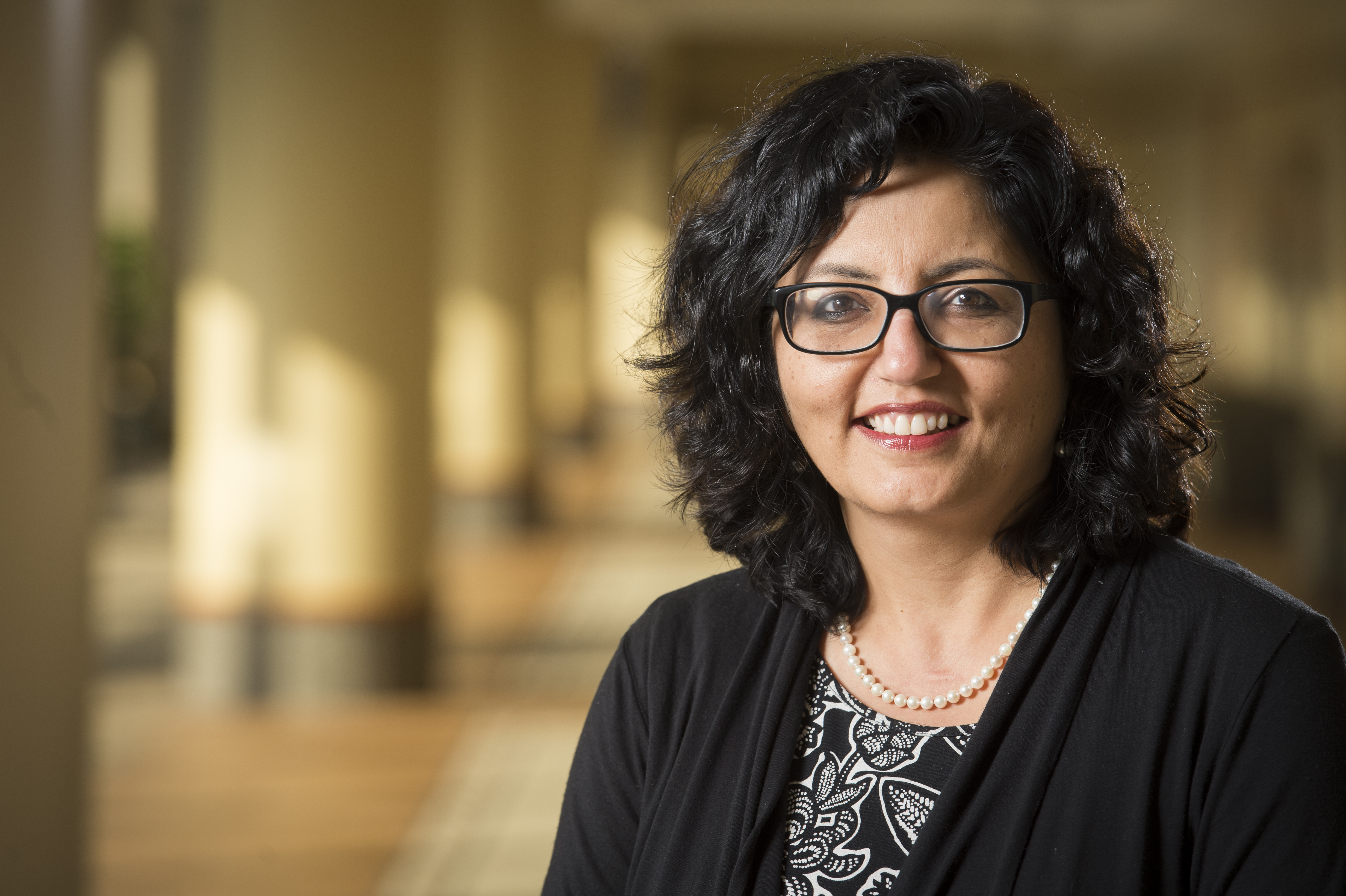
Smita Bhatia is a pediatric oncologist with a strong interest in cancer outcomes at the University of Alabama at Birmingham. She has received several grant awards from The Leukemia & Lymphoma Society (LLS) during her career. Recently it was announced that her Translational Research Program funding would be renewed for a study about preventing long-term health complications in bone marrow transplant survivors.
In the simplest of terms, what is your research project about?
Hematopoietic cell transplantation (formerly known as bone marrow transplantation or BMT) is now routinely used as a treatment strategy for leukemia, lymphoma and myeloma. The number of HCTs performed in the U.S. is growing at the rate of about 5 percent per year. Over 70 percent of patients who survive the first two years after HCT become long-term survivors.
However, cure of the underlying disease is not accompanied by full restoration of health. Transplant survivors are at a high risk of developing chronic health conditions after HCT (e.g., second cancers, heart failure and pulmonary toxicity). In fact, the incidence of life-threatening or fatal long-term complications increases from 9 percent at two years post-HCT to 41 percent at 15 years, necessitating close follow-up across the lifespan of HCT recipients.
The substantial burden of treatment-related morbidity developing several years after HCT presents a critical need to: i) accurately characterize the long-term and late effects of HCT; ii) advance knowledge about the influence of genetic factors on post-HCT morbidity and mortality; iii) determine if treatment-related complications are exacerbated when more than one is present at once; iv) refine health screening and standardize recommendations for long-term follow-up of HCT survivors; and v) guide the development of health-preserving interventions.
We propose to follow about 8,000 survivors, transplanted between 1974 and 2012, at one of three participating institutions (University of Alabama at Birmingham (UAB), City of Hope, and University of Minnesota) to address these issues. We will also enroll 3,000 siblings to serve as a comparison group. We propose to describe the burden of morbidity carried by the transplant survivors. We also propose to collect DNA from patients so that we can determine the genetic basis for some of these complications.
Why is it so difficult for transplant survivors to fully recover from the procedure?
Transplant survivors are a uniquely vulnerable population because they are exposed to chemotherapy and/or radiation prior to HCT (for management of their primary cancer), at time of HCT (related to transplant procedure) and after HCT (for management of possible relapse and graft vs. host disease). Thus, unlike cancer patients treated in a non-transplant setting (with conventional chemotherapy/radiation), transplant patients have usually received higher exposures to chemotherapy and radiation – both with respect to intensity as well as cumulative lifetime exposures. This places them at a much higher risk of long-term morbidity and makes it much harder to fully recover.
How will you identify those who are most likely to develop complications and reduce the risk of that happening?
We will approach all the transplant patients who received transplants at City of Hope, UAB, or University of Minnesota between 1974 and 2012, and ask them to complete a comprehensive questionnaire detailing their health status. Using this information, and that collected from their siblings, we will be able to identify sub-groups of patients that are at the highest risk of complications. In addition, we will collect detailed treatment history on all our patients. This information will help us determine if specific treatments increase the risk of complications. Upon completion of the study, we will have a clear understanding of the vulnerable sub-groups of transplant patients, and we will use this information to provide them with specific interventions to reduce the risk of these complications.
Do we know how lifestyles may affect the effectiveness of transplant and quality of life post transplantation?
We do know that certain lifestyles (such as smoking, lack of exercise, poor diet) are harmful to the health in the general population. However, we do not know how these lifestyle choices interact with the treatments (chemotherapy, radiation) to exacerbate the development of complications. This study should address these issues.
How could your research potentially change treatment strategies?
Our study will identify specific associations between treatment strategies and serious complications. Furthermore, it will identify subgroups of vulnerable patients that are at the highest risk of developing these complications. This information will allow us to modify treatment strategies in the future generation of patients that are at particularly high risk of developing these complications.
How do you hope this research will change the treatment and long-term health of transplant patients 10 or 20 years from now?
We envision that we will be able to identify the vulnerable patients prior to transplantation and tailor their treatment, such that we can maximize cure but minimize long-term toxicity.
